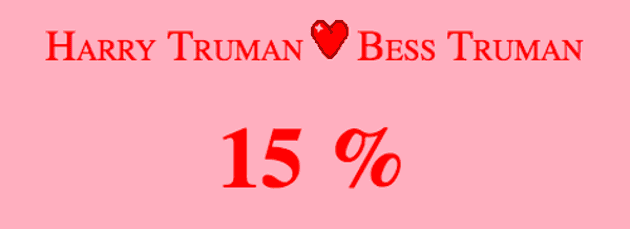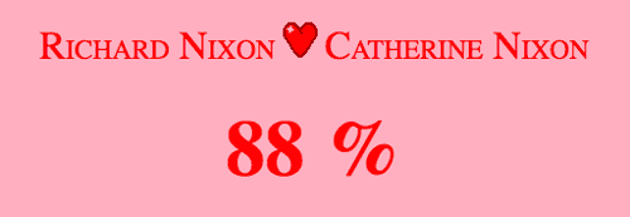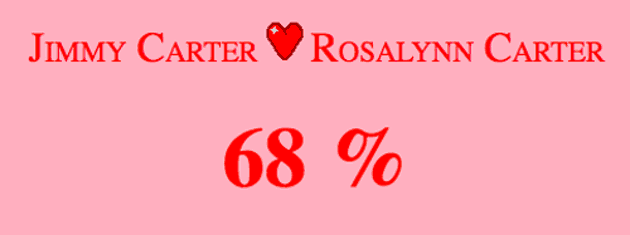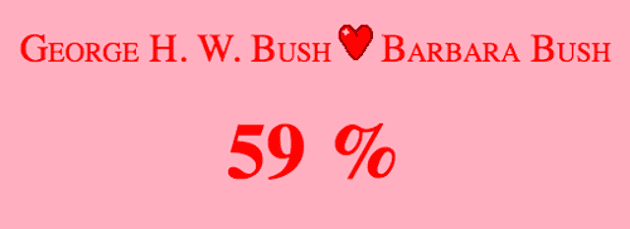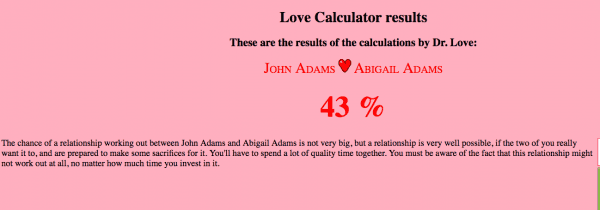
The 2016 presidential election is already addressing infidelity.
Earlier this week, presumptive GOP presidential nominee Donald Trump called his potential opponent Hillary Clinton an "enabler" of her husband Bill's infidelity issues, taking the election in a more personal direction, according to ABC.
He said Clinton's decision to stay with her husband actually harmed women everywhere.
"Hillary hurt many women - the women that he abused," Trump said. "And just remember this - she was an unbelievably nasty, mean enabler, and what she did to a lot of those women is disgraceful. Some of those women were destroyed not by him, but by the way that Hillary Clinton treated them after everything went down."
Clinton, meanwhile, didn't fire back. Instead, she said Trump can say whatever he wants about personal issues, but she'll stick to policy questions and focus on what voters want to talk about. This is despite the fact Trump has some relationship baggage, having been divorced twice.
The marital issues between Clinton and Trump create some murky waters, and voters seem divided about who they'll vote for this fall.
If Trump or Clinton want to change how voters view them because of their marital baggage, they can look at the example of some previous presidents.
Look at the Reagans, for example. I wrote previously for Deseret News National that Nancy Reagan, who passed away earlier this year, worked with her husband in politics through subtle and almost "invisible" ways. She would subtly suggest ideas to him, or even help him come up with solutions by talking him through his thoughts.
That's actually a smart strategy. A 2011 study found that couples who help their spouse in invisible ways tend to feel more supported. These spouses help their partner move past their problems easier and increases trust among couples.
"If recipients are confident that their partners have good intentions, they may be less likely to monitor their partner's' behavior closely and to interpret supportive overtures as actual attempts to provide support," the study's researchers wrote. "This might explain why invisible support continues to work, even in long-term relationships in which partners know each other very well."
More recently, we've seen President Barack Obama and his wife Michelle celebrate their 23rd wedding anniversary. There's even a movie coming out soon that shows the early days of their relationship.
And if you go back far enough, there's George Washington and Martha Custis - Martha Washington, as she later became. They had a happy marriage, according to Mount Vernon Ladies' Association. Martha got remarried to Washington after her first husband died, but she felt she found true love with the country's first president.
"For her part, Martha must have believed that in George she had found someone she could trust as well as love," MLVA's website reads.
We could go on with how presidential couples fared in their marriages, but why take away the fun? We've decided to run the most popular presidents - based on Gallup's all-time approval ratings for presidents - through the gauntlet of the Love Calculator to see what their love percentage would be.
Here are the results. We recognize this is in no way an accurate telling of these couples' chances at love, since they all got married anyway.
Harry and Bess Truman
Dwight and Mamie Eisenhower
John and Jackie Kennedy
Lyndon and Claudia Johnson
Richard and Catherine Nixon
Gerald and Betty Ford
Jimmy and Rosalynn Carter
Ronald and Nancy Reagan
George and Barbara Bush
William and Hillary Clonton
George and Laura Bush
And here are some for fun:

